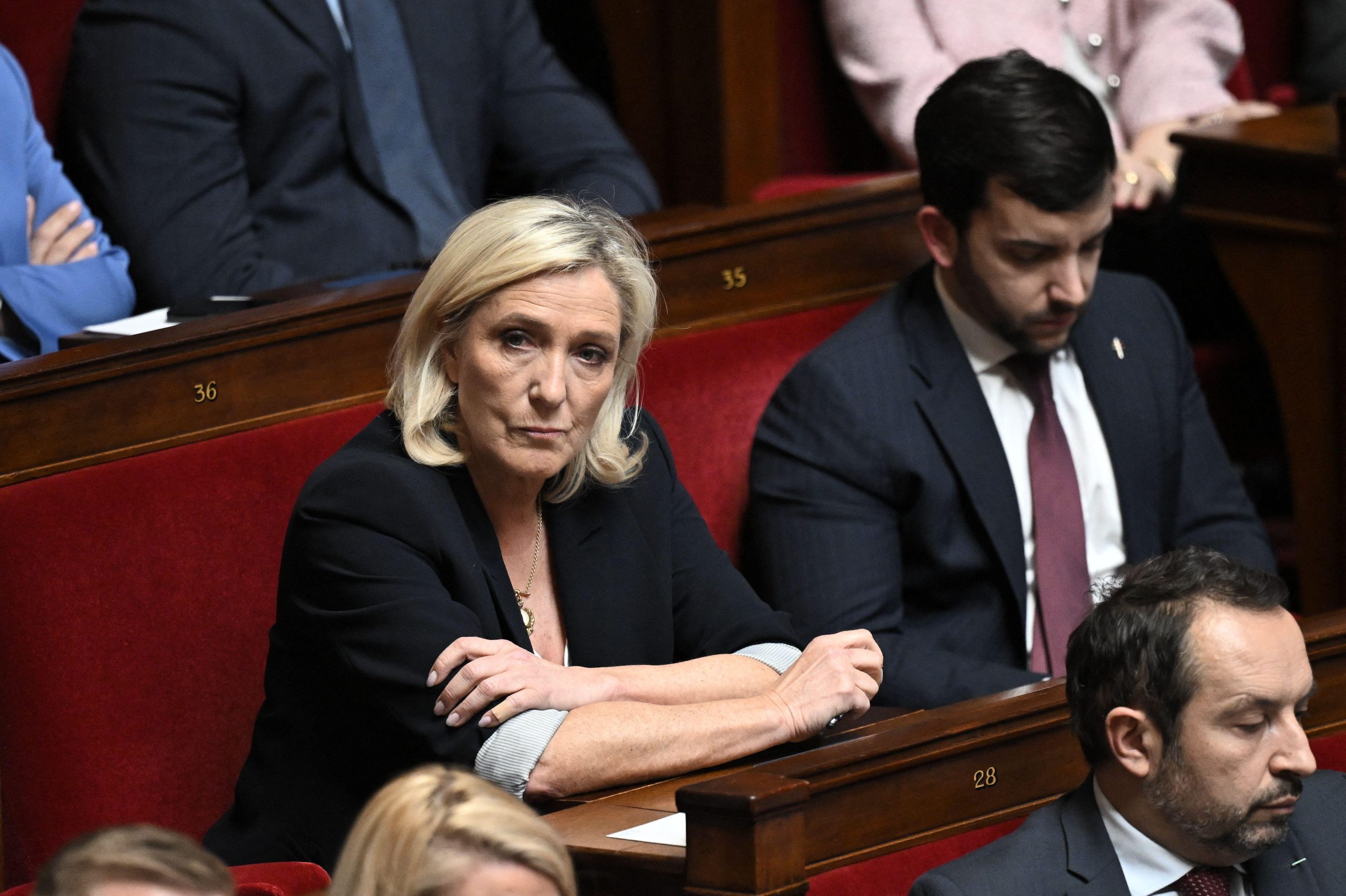It is hard to get shocked with Mexico’s daily news. But earlier this month viewers of Televisa, Mexico´s largest television network, were treated to a salacious news story: a well-known drug trafficker accusing Ricardo Ravelo, one of Mexico’s top police reporters who works for the magazine Proceso, of demanding USD 50,000 to stop writing about him. Sergio Villarreal Barragán, “El Grande”, or the big man, an enforcer for the Beltran Leyva drug clan who entered the protected witness system in Mexico, was shown on a video clip telling Mexican police how Ravelo and Proceso received money from drug traffickers. The video clip of the interview in which he makes the charges with the television network. The segment was aired on Wednesday without getting a response from Ravelo.
The journalist replied to the accusations the next morning, during an interview with radio personality Carmen Aristegui. In the interview Ravelo, an expert on drug trafficking, says the accusations are false and went one step further by accusing Televisa of working jointly with the government of Felipe Calderon. Last week, the magazine made accusations that the late Secretary of Interior Juan Camilo Mouriño had cut a deal with the top drug trafficker Joaquin “el chapo” Guzman of the Sinaloa Cartel. They said their sources were in the Mexican protected witness program.
The fight has many battle fronts: one is confrontation between the pro-establishment Televisa television network and Proceso magazine, a leftist publication that started the media revolution in this country in 1976, as a response to the one party system. Neither of these news organisations look eye to eye. The other is the fact that Ravelo and the magazine Proceso often use documents filtered to them by sources in the government that quote protected witnesses, and accuse prominent people in the country of misdeeds and collaborations with drug traffickers without further evidence. Ravelo often uses as sources protected witnesses who are former drug traffickers, as in the case of Villareal.
In a country where proving accusations is often difficult for the government and especially for the press, using protected witnesses as sources has become more difficult after this media spat. However, the country has sophisticated access to information laws, but the government often does not release any information on security issues. And discussion over the drug war is divided along political lines drafted between leftist and rightist politics. The discussion over the drug war, and attacks against enterprising journalist like Ravelo could become the norm in the future.




